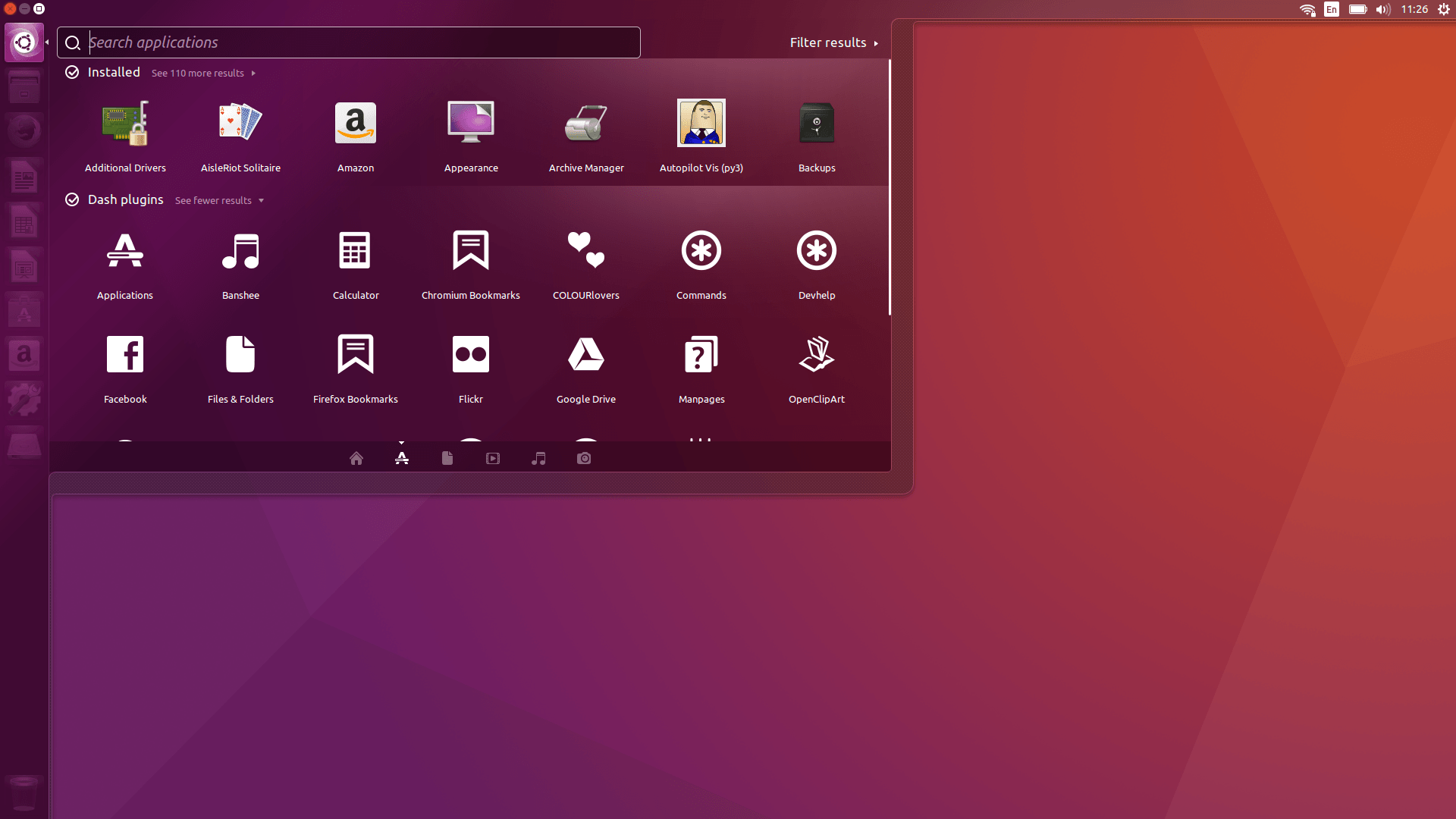

- #UBUNTU CHANGE DESKTOP MANAGER HOW TO#
- #UBUNTU CHANGE DESKTOP MANAGER VERIFICATION#
- #UBUNTU CHANGE DESKTOP MANAGER SOFTWARE#
Not necessarily to leave the disk spun down, but to leave the heads parked for shock protection.ĭisk spin-down and head parking should not be activated without controlled disk idling. But for example in vehicles with external power supply disk idling may be needed even on AC. "laptop_mode" will do all that.ĭisk idling is commonly needed, thus laptop-mode enabled, when laptops operate on batteries to extend the battery times. But to really let a disk idle one has to manage other parts of the system that are relevant to letting disks idle also, like drive parameters, mount options, filesystem settings, cache sizes, sync logging programs etc. The program got its name from a kernel feature that is called laptop_mode and allows Linux to chunk up writes to filesystems and not write in between. Disk idling has to deal with things like reading ahead and postponing disk activity. This is done by a package that is a little bit misleadingly called laptop-mode-tools but not "disk-idle". It will also shutdown or hibernate the computer after some idle time or before the battery runs out, if a user is logged in.Ī separate task is allowing harddisks to idle, so they can be parked and spun-down for long enough periods of time. It shows you the battery status on laptops and dims down the screen if on battery for example. The gnome-power-manager is a program with a graphical user interface that subscribes itself to power events and acts on them.
#UBUNTU CHANGE DESKTOP MANAGER SOFTWARE#
The pm-tools also provide script directories to hook-in other software when switching power (saving) states.

They allow to trigger hard power management events by software. The package pm-utils provides the pm-action, pm-hibernate, pm-suspend and pm-suspend-hybrid commands. The package acpi-support provides a set of such scripts under /etc/acpi that deal with handling special acpi buttons on laptops. They run the scripts they find in their config directory tree under /etc/acpi, or /etc/apm respectively. They provide means to execute commands on these external events. Then there are event manager daemons apmd and acpid They make those kind of "hard" events like the end of battery power or the pressing of the suspend or other (laptop) buttons available to our software world. devicekit-power doesn't have this it needs to be implemented.įoremost there is the apm and acpi support in the linux kernel. Previously, hal had a suspend/resume quirks database that was used to construct a correct commandline for pm-suspend. And some events are not keypress events at all and need to be handled by hald-addon-acpi or a devicekit-based replacement. Some keypress handling is not obsolete, and needs replacement handling implemented via hal or devicekit (e.g., /etc/acpi/events/asus-touchpad /etc/acpi/events/ibm-wireless).

#UBUNTU CHANGE DESKTOP MANAGER VERIFICATION#
etc/acpi/events/: mostly keypress handling, most of which is probably obsolete and should be dropped, but verification needed. 90-hdparm.sh: init script in pm-utils? udev rule on each HD would be preferred (/lib/udev/hdparm already exists).10-save-dmidecode: superseded by /sys interfacesĦ0-asus-wireless-led: should be moved to the kernel (cf.etc/acpi/start.d: these are currently launched by the init script, which has no equivalent in other packages currently The acpi-support package should be deprecated however, new homes need to be found for its current contents. Launchpad Entry: desktop-lucid-powermanagement-tweaks It may be adviseable to rely on tools specialized for their tasks, instead of implementing an incomplete power management utility. Though power management will deal with these, the objectives of the tasks do not solely lie in power management.

Letting disks idle (buffering disk writes, aka laptop-mode).
#UBUNTU CHANGE DESKTOP MANAGER HOW TO#
How to get disks to spin down and idle correctly (without excessive load cycling).


 0 kommentar(er)
0 kommentar(er)
